Cyber Hygiene Bootcamp
Education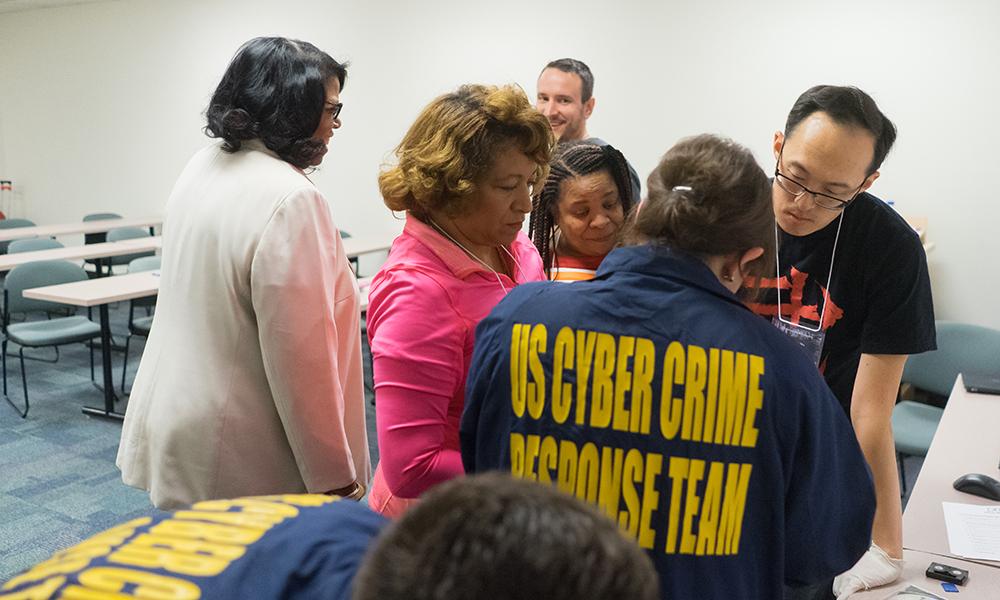
SUMMARY: With funding from the Virginia Secretary of Technology's office and the Virginia Department of Education, JMU professors and students held a cyber intelligence bootcamp for K-12 teachers.
Photos and story by Elise Trissel
From the Spring 2018 digital issue of Madison
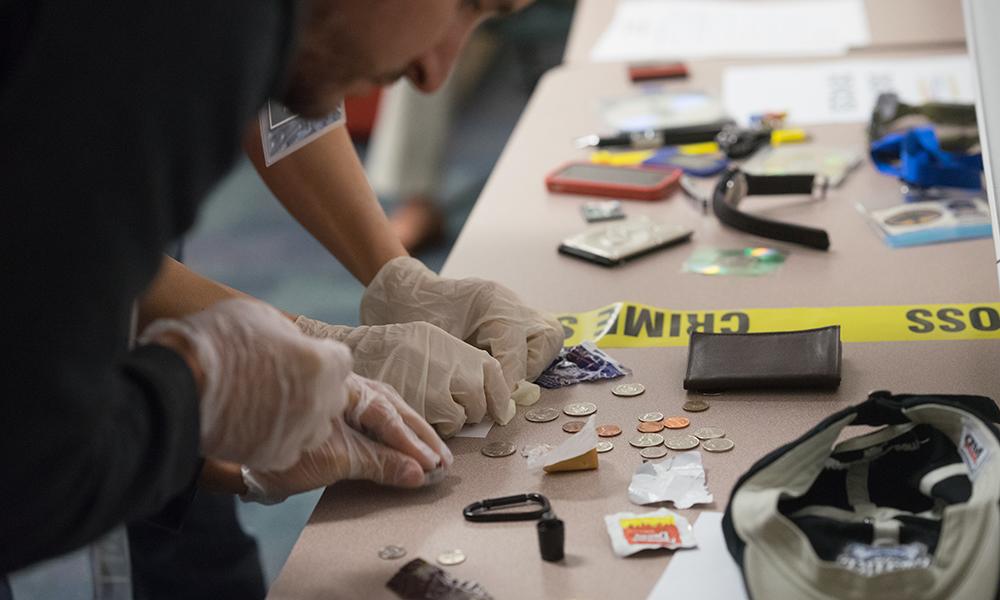
|
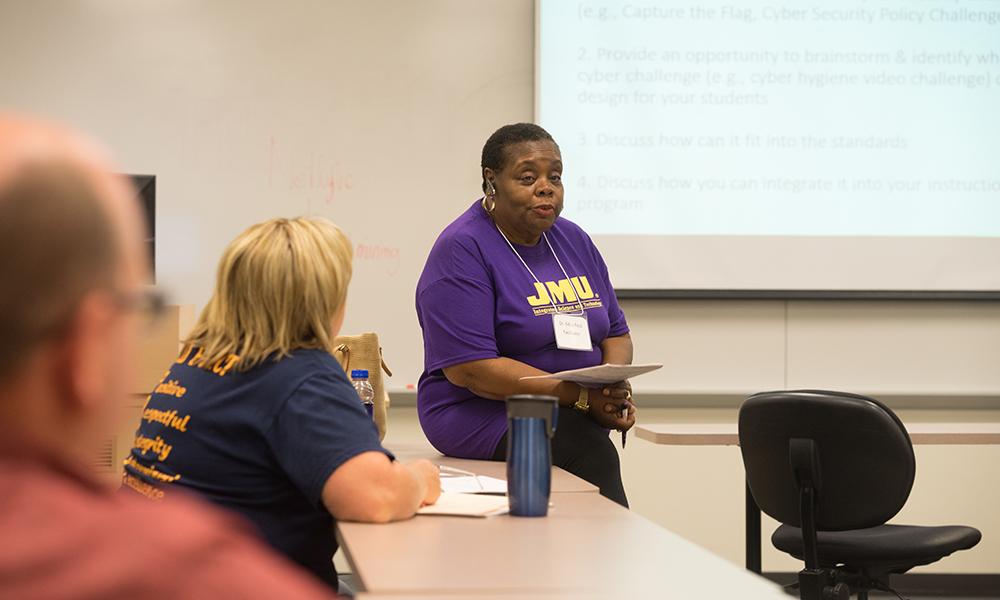
|
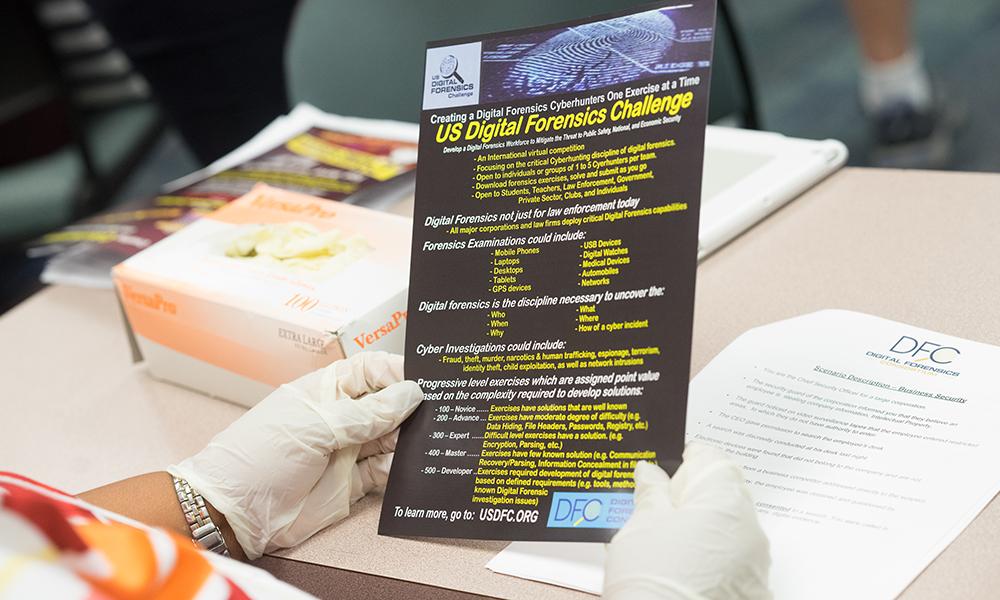
|
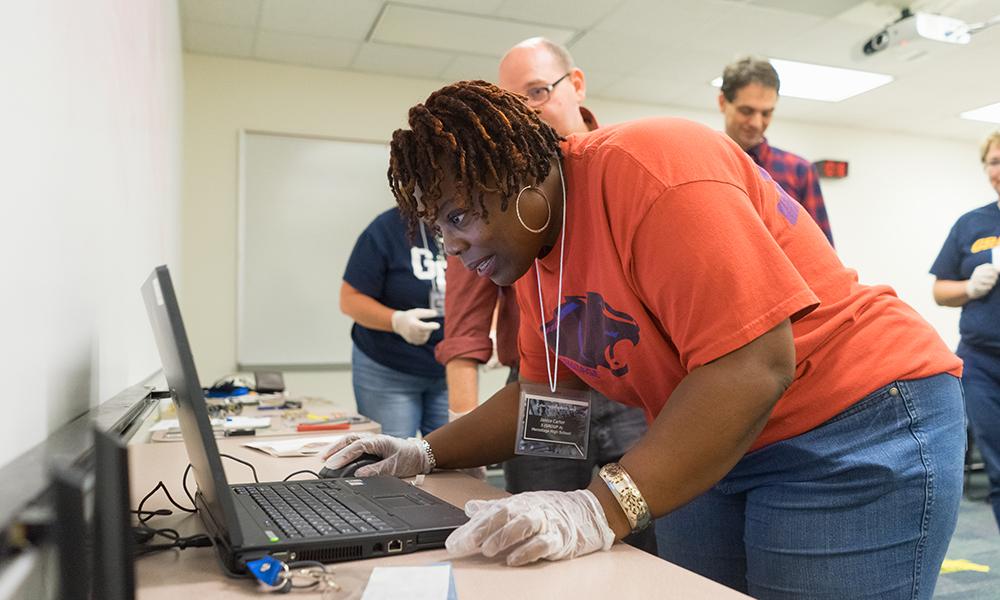
|
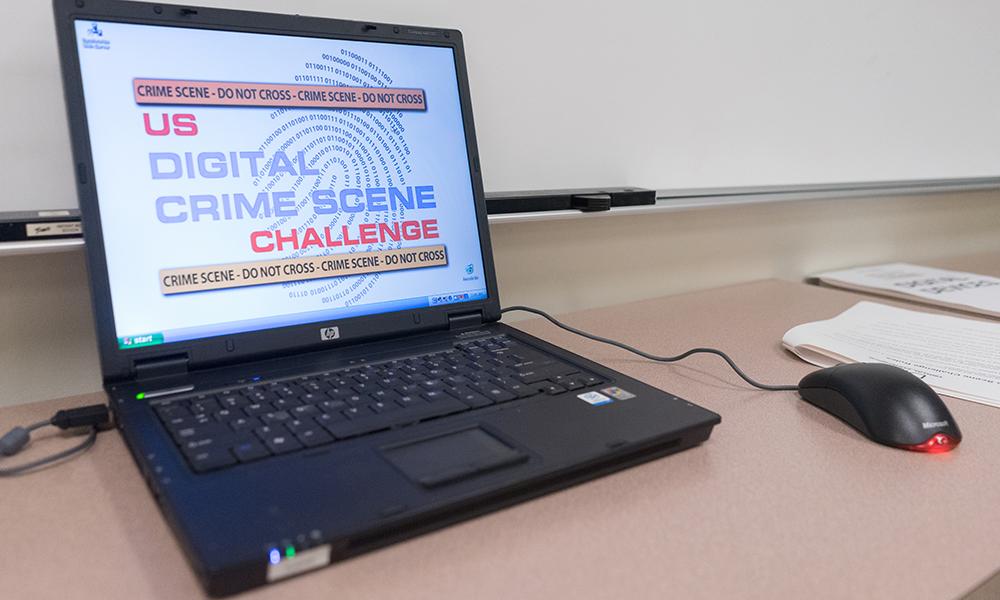
|
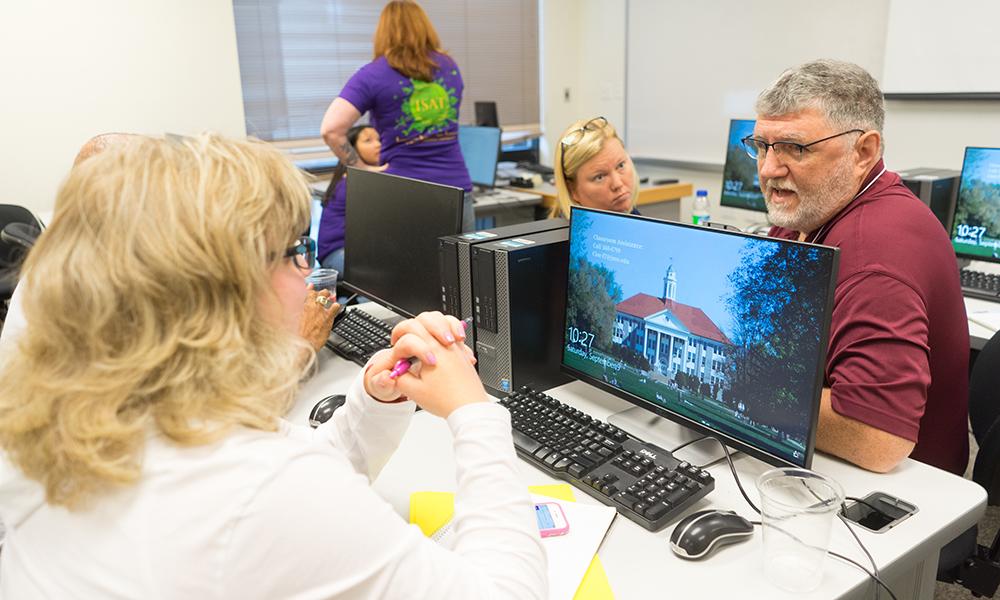
|

